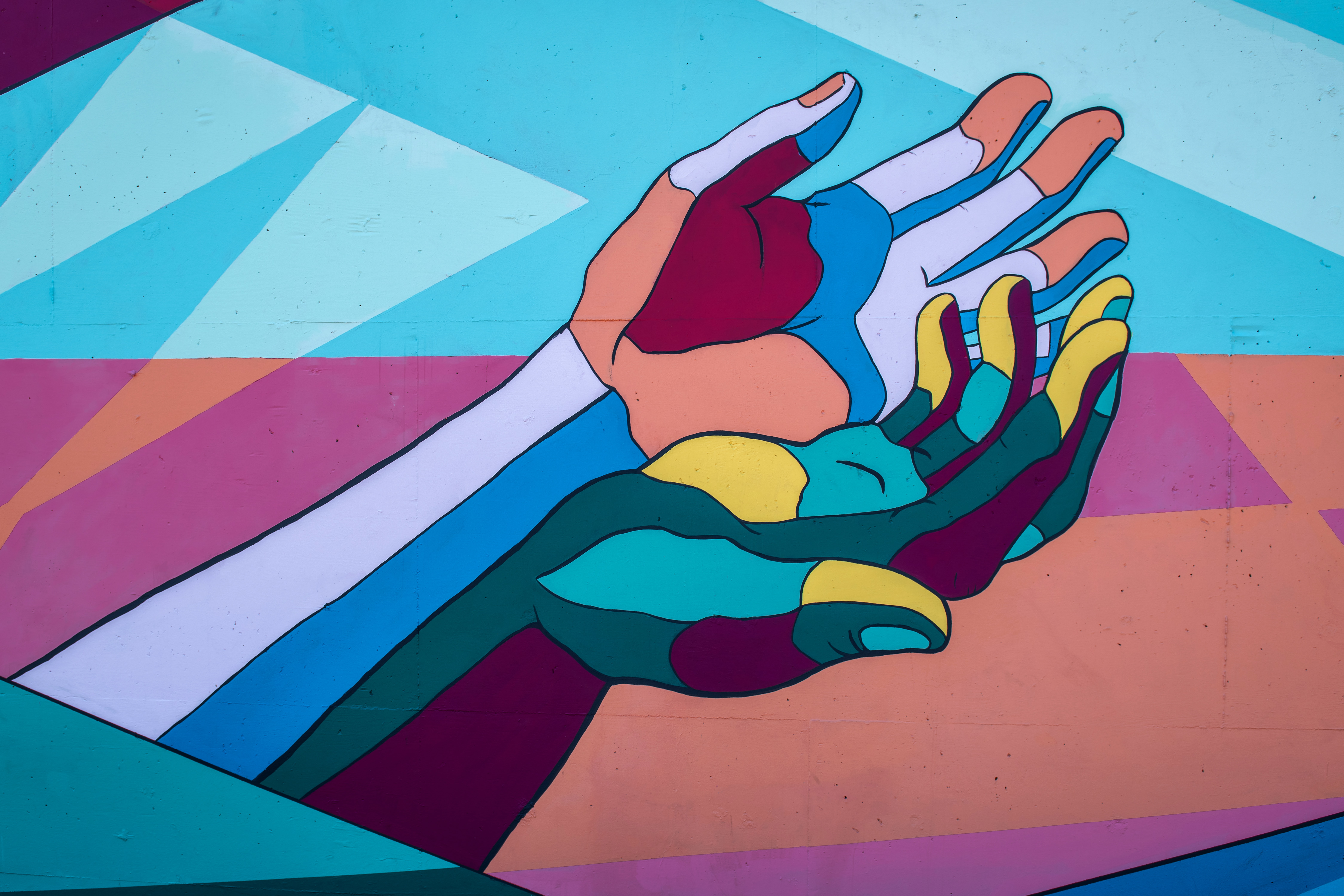To read Part 1 of the “Mental Health and Race: Barriers, Ideas, & Sacred Work” series, click here.
In all the stress and unknown of this world, resilience is a beacon of hope in mental health conversations. It is a key component in addressing trauma, racial trauma, Adverse Childhood Experiences, family systems, and more. Resilience is a strengths-based tool that empowers.
As people of faith, we can promote resilience, while addressing the very structures that cause trauma, including white supremacy. We have a responsibility to do ministry that is anti-racist and trauma-informed. With this, resilience is all the more productive and meaningful when we consider the needs, concerns, and lives of BIPOC (Black & Brown, Indigenous, People of Color) persons.
Resilience is not an inherent trait that we are born with, but rather a set of skills that a person can develop. It consists of thoughts, actions, and self-talk that help us productively cope and address difficult aspects of our life. Resilience helps us grow and move forward. The American Psychology Association also defines resilience as “the process of adapting well in the face of adversity, trauma, tragedy, threats, or significant sources of stress…it can also involve profound personal growth.”
As we learn more about resilience and learn ways to practice it, communities of faith should pay careful attention to how we tell BIPOC communities to practice resilience. We must not demean BIPOC persons of their vast experiences and cultures. White spaces should recognize that non-white spaces are forced to be resilient each day, and have practiced these skills for an unfathomable amount of time. Faith communities that are primarily white may have good intentions but share advice or solutions that are not always helpful, or trauma-informed.
We can empower our communities by building resilience and becoming trauma-informed. You can learn more about this with our PHW Trauma-Informed Tool Kit. A massive part of this work is learning about individual and community trauma. Our communities are impacted generationally by trauma. For instance, addressing and preventing ACEs (Adverse Childhood Experiences) has been an initial way for faith communities to begin this work. While attending Mental Health America’s Annual Conference, I learned about a helpful reframing of ACEs. Dr. Melissa Merrick offered new working definitions for ACEs. She suggested “Adverse Community Environments” to better include community trauma and “Adverse Colonial Experiences” to include historical trauma, or a strengths based approach: “All Children Excel”. These titles acknowledge trauma and name community concerns. While they do not replace the well-known “Adverse Childhood Experiences” that are utilized and known, it invites consideration of the multicultural components of childhood trauma.
Faith communities have a tremendous opportunity to promote resilience. Within a shared community, there are natural intersections of family life, community conversations, personal growth, and support that is shared among many ages. This provides the needed platform for learning and practicing resilience. Resilience is encouraged by faith communities mainly through these mediums: offering community support, encouraging holistic wellness, finding purpose and a deep sense of meaning, and promoting compassionate thoughts.
This world requires abundant resilience, especially for BIPOC (Black & Brown, Indigenous, People of Color) persons. Gustavo Molinar writes: “resilience is a multi-layered and complex concept, particularly for Black, Brown, and Indigenous folks…For Black, Indigenous, and other People of Color (BIPOC), generations of trauma, systemic racism, and cultural barriers lead to resilience looking very different than what we have taken it to mean in our society. This is not to say that we should discard resilience. In fact, I would say we should pay more attention to it.” Trauma certainly does not discriminate, as all people of all races experience it. However, as we grow in our faith and do life together, a pillar of this growth is compassion for experiences outside of our own.
There is tremendous good that can come from a faith community that prioritizes emotional and physical safety for all – and this includes the needs and concerns of BIPOC persons. It is crucial to consider what resilience means to various cultures and families. As we listen and learn, below are a few of the BIPOC leaders that are leading conversations around mental health, resilience, and emotional well-being:
Dr. Christena Cleveland: Social Psychologist, Public Theologian, & Activist (website, Instagram, Twitter)
Dr. Dion Metzger: Psychiatrist and Professor (website , Instagram)
Dr. Vernessa Roberts: Licensed Marriage and Family Therapist, Professor (website, Instagram )
Alfonso Holmes: Licensed Professional Counselor (Instagram)
Therapy for Latinx (website, Instagram)
Melanin and Mental Health (website, Instagram)
Nedra Glover Tawwab: Therapist, Boundaries Expert (Instagram)
Dr. Thema Bryant-Davis: Psychologist, Minister: (website, Instagram)
Dr. Monica A. Coleman: Professor, Theologian, and Advocate: (website, Instagram)
The Four Bodies: A Holistic Toolkit for Coping with Racial Trauma
Black Emotional and Mental Health Collective (BEAM)
(Re) Defining Resilience: A Perspective Of ‘Toughness’ In BIPOC Communities

